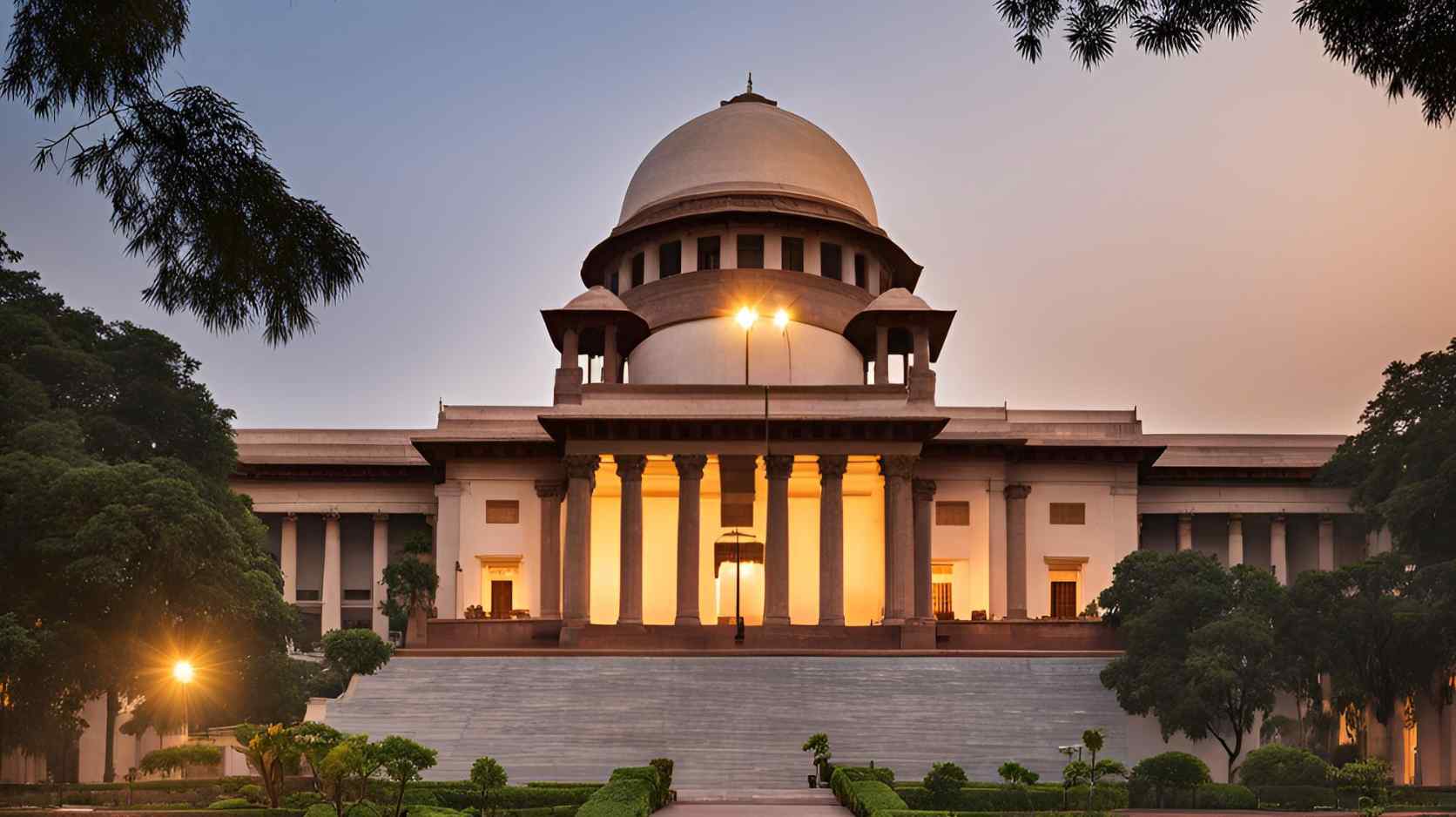The Supreme Court of India has clarified that complaints under the Criminal Procedure Code (CrPC) must be filed exclusively before a Judicial Magistrate and not an Executive Magistrate.
The Bench, comprising Justices B.V. Nagarathna and Nongmeikapam Kotiswar Singh, held that the cognizance of offenses under Sections 186 and 353 of the Indian Penal Code (IPC) requires a prior written complaint from a public servant submitted to a Judicial Magistrate as mandated under Section 195(1) of the CrPC.
The Court ruled that any complaint submitted to an Executive Magistrate does not satisfy the requirements of Section 2(d) of the CrPC, which defines a “complaint.”
The ruling came in the case of B.N. John v. State of U.P. & Anr. (Special Leave Petition [Crl.] No. 2184 of 2024), where the Court quashed criminal proceedings initiated against the appellant on grounds of procedural lapses.
Court’s Observations on Sections 186 and 353 IPC
The case revolved around an FIR lodged under Sections 186 (obstruction of a public servant) and 353 (assault or criminal force to deter a public servant). While the High Court dismissed the appellant’s plea to quash the FIR, the Supreme Court scrutinized the procedural compliance under Section 195(1) of the CrPC.
The Bench emphasized that Section 186 IPC requires a written complaint filed by a public servant before the Magistrate. Since no such complaint was filed, the cognizance taken by the Chief Judicial Magistrate (CJM) was deemed “illegal.”
Additionally, the Court observed that mere obstruction does not satisfy the aggravated nature of Section 353 IPC, which necessitates physical assault or criminal force.
Procedural Safeguards Under CrPC
Highlighting the procedural safeguards under CrPC, the Court noted that cognizance in non-cognizable cases requires express permission from a Judicial Magistrate. For offences involving public servants, these safeguards ensure that frivolous or unwarranted allegations are filtered at an early stage.
The Bench referred to the landmark decision in State of Haryana v. Ch. Bhajan Lal to underline that FIRs can be quashed if the allegations fail to constitute an offence.
Decision and Implications
The Supreme Court quashed the criminal proceedings against the appellant, asserting that the procedural prerequisites under CrPC were not followed.
“Taking cognizance of offences under Sections 186 and 353 IPC by the CJM, Varanasi, without a written complaint by a public servant, violates Section 195(1) of the CrPC and is contrary to law,” the Bench held.
Case Details:
- Case Name: B.N. John v. State of U.P. & Anr.
- Citation: 2025 LiveLaw (SC) 4
- Bench: Justice B.V. Nagarathna and Justice Nongmeikapam Kotiswar Singh















